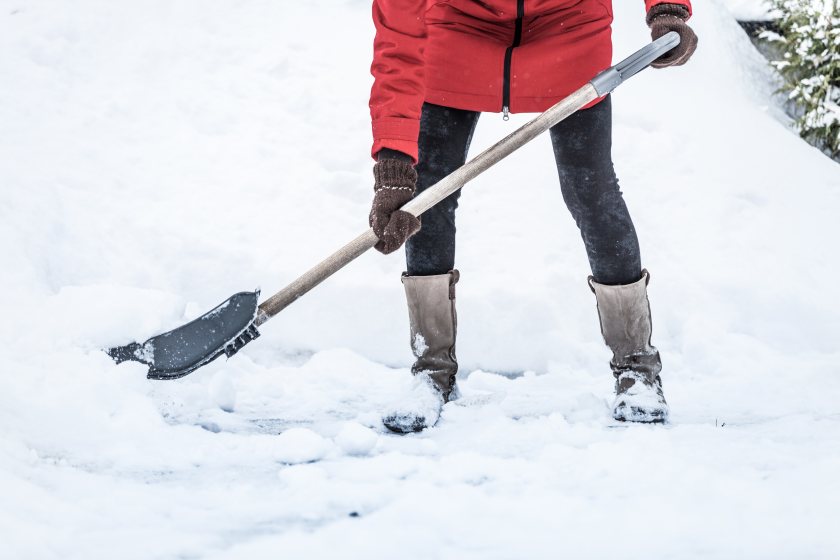
With weather experts forecasting snow for the first half of February, a rural insurance expert is advising farmers not to slip-up when it comes to protecting against financial loss.
According to the Met Office, cold snaps are forecast up to 14 February, and although snow is forecast only for northern England, more regions could be affected if the temperature drops.
Typically, the UK gets around 24 days of snowfall or sleet each year. But due to the unpredictable nature of the weather, a change in temperature of just one degree can mean the difference between rain and snow.
For farmers, two of the biggest risks that snowfall brings are roofs collapsing and damage caused by frozen pipes, insurance broker Lycetts warns.
To mitigate against the impact of cold weather, the firm says it is important for them to take preventative steps and review insurance cover.
Anderson Fossett, of Lycetts, said: “An accumulation of snow during periods of sustained snowfall can put considerable strain on roofs and cause them to collapse, so it is important that the snow load design of buildings is understood.
“Should the worst happen, and a farm building is severely damaged, the shortage and inflated prices of building materials caused by the pandemic may mean that repair and rebuild costs exceed expectations. This should be reflected in building insurance policies.”
Additional ‘peril’ cover can be added to polices to protect against fire, flood, storm or snow damage.
Although many insurers include weighted snow damage as part of storm cover, some treat snow as an individual peril, so Mr Fossett stresses the importance of farmers checking their cover.
Compounding the costs to replace collapsed roofs is the damage that can be done to expensive farm machinery, equipment and livestock that may be housed within.
“It is advisable to take time to accurately value the contents within farm buildings, as the total might be greater than assumed,” explained Mr Fossett.
“Business contents insurance should be in place and all livestock should be covered."
He added: “A roof collapse in the run-up to lambing season can have a significant financial impact. Alternative premises may need to be found, which can mean expensive rent costs. Business interruption cover can ameliorate this.
“Prevention, of course, is better than cure and snow build-up on low-lying buildings, such as cattle sheds, stables, workshops, outbuildings and vehicle and machinery storage units, should be brushed or raked off where safe to do so.”
He pointed out that sub-zero temperatures can also cause water pipes to contract, resulting in cracks, leaks or bursts.
Insulation can help prevent this, he added, and easy to install systems are available which shut off the water immediately if a leak is detected.
Mr Fossett warned: “Even when it doesn’t snow, icy conditions present a risk as slippery paths and driveways can be hazardous.
"This makes public liability insurance essential because the owner could be held liable for slipping injuries sustained by anyone visiting to make deliveries or collections.
“It is also a necessity should boundary fences become weakened or damaged by snow or ice. Livestock escaping onto public highways can cause road traffic accidents resulting in injuries.
“Winter weather cannot be controlled, but it can be anticipated and that is why it important to take preventative steps and be fully prepared for the worst."
